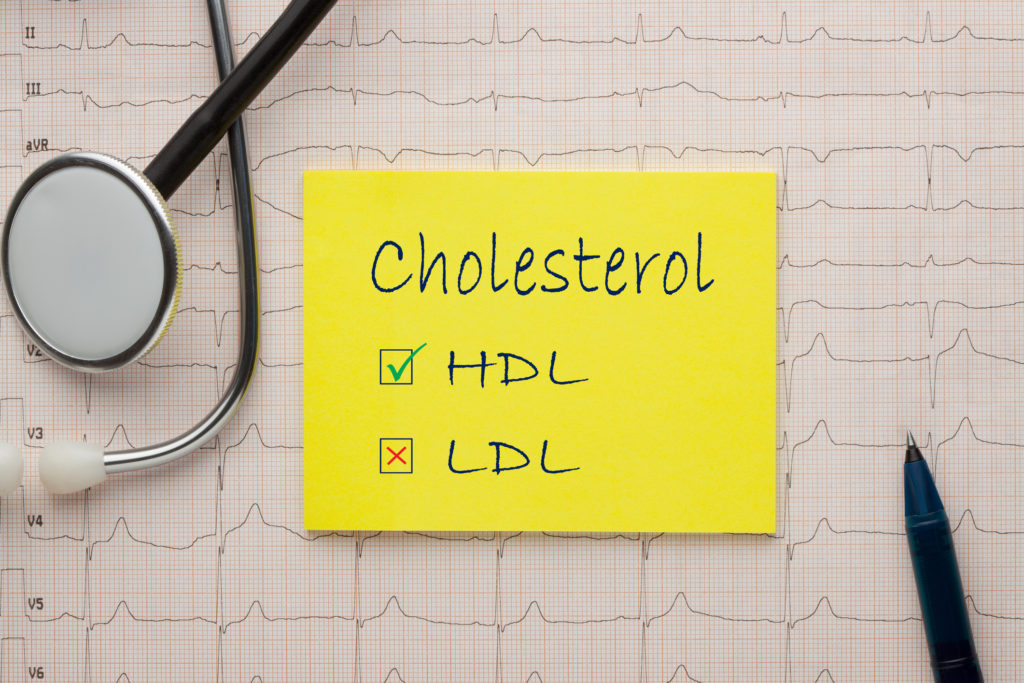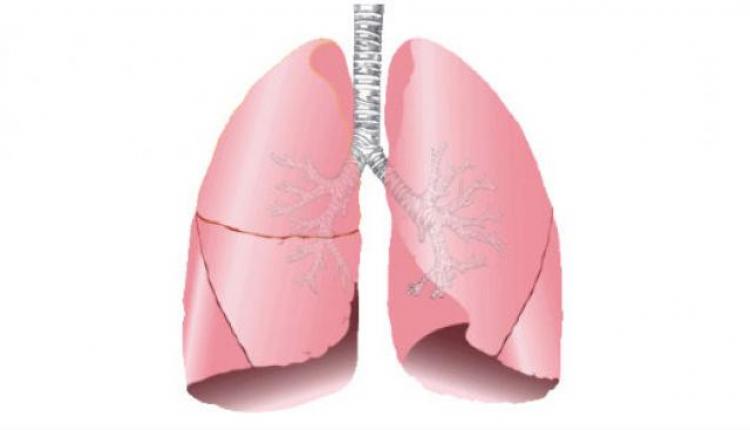All About Cholesterol

WHY YOU SHOULD CARE ABOUT CHOLESTEROL
Too much cholesterol (pronounced “ko-LESS-ter-all”) in your blood can lead to narrowing and blocking of the arteries. (Arteries are the vessels that carry blood from your heart throughout your body.) This problem, often called heart disease, is the leading cause of death in the U.S. So, it’s very important that you understand cholesterol and how you can help control it.
WHAT IS CHOLESTEROL?
“Blood cholesterol” is found in all your body’s cells and is very important to life. Your liver makes most of the cholesterol your body needs – a small amount. Some people naturally produce a lot of cholesterol. But many of our foods (such as meat, butter, eggs and cheese) contain fats that create blood cholesterol. This is often the reason why people have too much cholesterol in their blood. One out of four adults in New York have high cholesterol, but many don’t know it.
HOW MUCH IS TOO MUCH?
Your doctor can do a simple blood test to check for total cholesterol. But there is not one single number that tells the whole story. A complete test includes not just total cholesterol, but also three other measures:
- LDLs (“bad” cholesterol)
- HDLs (“good” cholesterol)
- Blood fats
How these measures relate to each other is what’s important. It can determine your risk of heart disease.
OTHER RISK FACTORS
There are many factors that may contribute to high blood cholesterol:
- Diet high in fats
- Lack of physical activity
- Heredity
- Obesity
- Age and gender
And there are things which increase the chance that high cholesterol will lead to blocking the arteries:
- Smoking
- Type 2 diabetes
- High blood pressure
WHAT YOU CAN DO ABOUT IT
High cholesterol can be treated and controlled. Take control by seeing your doctor and having your cholesterol checked yearly.
- Take all cholesterol medication that your doctor orders, even if you feel fine. Call your doctor if you are bothered by any side effects of your medication.
- Get regular exercise.
- Don’t overeat.
- Reduce all fats in your diet, and use artery-friendly fats like olive oil instead of butter.
- Eat more fiber (fruits, vegetables, whole grains) and fish for heart-healthy omega-3 fats.
- And don’t smoke!


